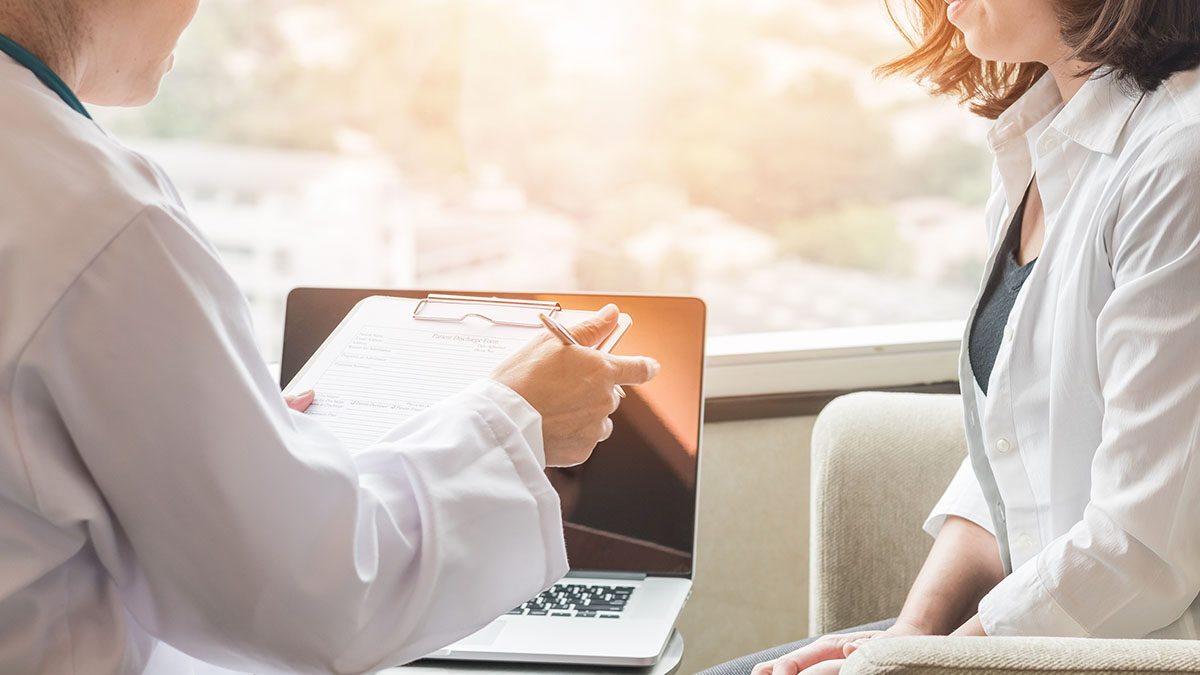Hormone replacement therapy for menopause grew to prominence in the 1990s, when millions of women were sold hormones made from horse urine. Premarin (from the words “pregnant mare urine”) was promised to prevent age-related diseases. When the truth got out, in 2002, that the opposite was true—it actually increased risk of heart disease, stroke, pulmonary embolism, and invasive breast cancer—the number of prescriptions dropped, and so did the rates of breast cancer.
Thanks to some high-profile celebrity endorsements, interest then switched to so-called “compounded bioidentical hormones,” from plant rather than equine sources—which were said to work the same, without carrying the same risks. But, what does the science say?
In my 4-minute video, Plant-Based Bioidentical Hormones, I note there’ve been several new reviews on the subject from the American College of OB/GYNs, the Mayo Clinic, and the editors-in-chief of the Journal of the International Menopause Society. They all concluded that bioidentical hormones—being bio-identical!—carried the same risks, benefits, and side effects—which we now know is not a good thing. Even worse, when the FDA actually analyzed bioidentical hormone batches to see if the contents matched the label, nearly a third failed the analysis. Even in the same bottle, the dose of hormones could be all over the place.
How do we know all these medical authorities condemning bioidentical hormones aren’t just in the pockets of drug companies that don’t want the competition? After all, there are literally billions of dollars at stake. Whenever I’m skeptical, I turn to The Medical Letter on Drugs and Therapeutics, considered one of the least biased sources in medicine. It’s kind of like the Consumer Reports of the drug world—and, in fact, was actually co-founded by the co-founder of the publisher of Consumer Reports, more than 50 years ago. As The Medical Letter likes to brag on their website, they do not accept grants (from any source), donations (from anyone), or funding (from any entity). They won’t let their work be used for promotional purposes, and they don’t accept any advertising.
The Medical Letter on Drugs and Therapeutics recently reviewed bioidentical hormones, and came to the same conclusion: “There is no acceptable evidence that bio-identical hormones are safe or effective. Patients should be discouraged from taking them.”
Another way to rid oneself of excess estrogen is in the way nature intended. See my video: Relieving Yourself of Excess Estrogen.
We can also stop consuming steroid hormones. See my video Acne & Cancer Connection.
For other ways to decrease breast cancer risk, see:
- The Answer to the Pritikin Puzzle
- Breast Cancer Survival and Soy
- Broccoli Versus Breast Cancer Stem Cells
–Michael Greger, M.D.
PS: If you haven’t yet, you can subscribe to my videos for free by clicking here and watch my full 2012 – 2015 presentations Uprooting the Leading Causes of Death; More than an Apple a Day; From Table to Able; and Food as Medicine.
